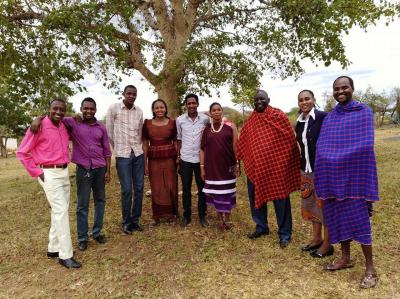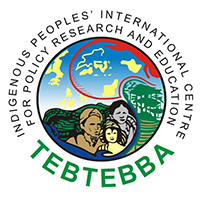Indigenous Maasai, Akie and Hazabe set their development priorities through data

In Tanzania, more than 4,000 indigenous people have benefited from the training on the Indigenous Navigator’s tools.
Although Tanzania voted in favour of the United Nations Declaration on the Rights of Indigenous Peoples (UNDRIP) in 2007 and is the home to 125-130 different ethnic groups, the state does not recognize the existence of indigenous peoples. Although it is difficult to arrive at exact figures, since the ethnic groups are not included in the population census, it is estimated that the Maasai in Tanzania are 430,000 people, the Hadzabe 1,000 and the Akiye 5,268 people.
The Indigenous Navigator tools in the country aim to enhance the indigenous communities capacity to monitor the rights as entrenched in the UNDRIP, SDGs and the World Outcome Document on Indigenous Issues.
In Tanzania, the local partner ALAPA and PINGOS Forum are focusing on examining and gathering data to be able to determine which are the most urgent problems affecting indigenous communities. The National Bureau of Statistics of Tanzania gave their approval for the conduct of the data gathering and have been involved in the data gathering in some pilot areas.
From the data gathering, land conflicts, food insecurity, low level of awareness of indigenous communities of their rights, and lack of access to social services are among the issues faced by indigenous peoples.
The milestones so far
Some positive results have been achieved, including the step forward the Hadzabe indigenous community is taking to revive their community-based organization the Hadzabe Survival Council of Tanzania, which has not been in operation lately.
Educated students have also been actively involved by strengthening their bonds with the community and sensitising their community members on their daily rights through the Indigenous Navigator’s tools.
In Terrat village, the family affected had made a follow up on their land being taken by the government and construct a primary school and just to realized that their consultation was not taken into account during the eviction.
“The Indigenous Navigator creates the opportunity for the Hadzabe community, the government and relevant authorities to be in partnership to advocate for the rights of the community”, described Protas Sulle, District Community Development Officer.

